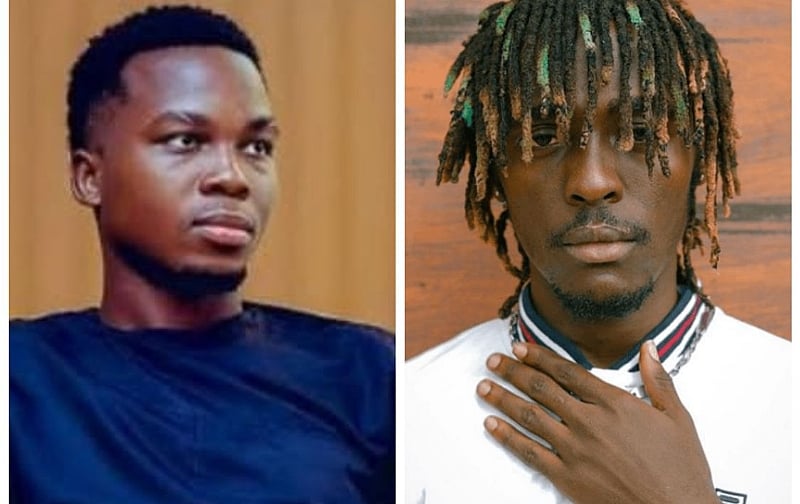This case revolves around alleged defamation against Ghanaian musician Kofi Mole, whose real name is Edward Amoah, by social media commentator Bongo Ideas, Amazing TV Ghana, and another unnamed party. The controversy stems from an interview Kofi Mole gave to Elikem of Kwadwo Sheldon Studios as part of the promotional activities for his upcoming EP, “B4 Da Album.” Excerpts from this interview were subsequently posted on TikTok, and it is the manipulation and misrepresentation of these excerpts that form the basis of the defamation claim.
Kofi Mole’s legal representatives, Afadjato Chambers, issued a formal notice on May 12th, 2023, outlining the alleged defamatory actions. The notice alleges that the accused parties extracted specific portions of the interview video and presented them out of context to create a false narrative that the rapper engages in drug abuse. This manipulation, according to the legal notice, has severely impacted Kofi Mole’s public image, professional standing, and personal well-being. The legal team emphasizes that the accusations are entirely fabricated and lack any factual basis.
The core of the defamation claim lies in the imputation of drug use and potential health complications arising from alleged drug abuse. The legal notice argues that these accusations were deliberately crafted and disseminated to tarnish Kofi Mole’s reputation and subject him to public ridicule and contempt. The alleged damage extends beyond Ghana’s borders, impacting his international reputation and potentially jeopardizing business opportunities. The severity of the accusations, particularly in a society where drug use carries significant stigma, underscores the gravity of the situation and the potential for long-term damage to Kofi Mole’s career and personal life.
The legal notice details the ramifications of the alleged defamation, highlighting the substantial emotional distress caused to Kofi Mole. Beyond the personal emotional toll, the notice points to tangible damages, including the loss of potential business opportunities. This loss underscores the practical implications of reputational damage in the entertainment industry, where public perception plays a crucial role in securing endorsements, collaborations, and performance opportunities. The damage to his image, both locally and internationally, has potentially far-reaching consequences for his career trajectory.
In response to these alleged defamatory actions, Kofi Mole’s legal team has outlined a series of demands. First and foremost, they demand an immediate cessation of the dissemination of the defamatory content. This includes removing the offending posts and refraining from further publication of similar accusations. Secondly, they demand a public retraction of the false statements. This retraction serves as an acknowledgement of the falsehood of the initial accusations and aims to mitigate the damage already caused. Finally, and perhaps most significantly, they demand a formal public apology to Kofi Mole.
The apology demanded by Kofi Mole’s legal team carries specific requirements. It must be issued via the same platforms where the defamatory content was originally published, ensuring maximum reach to the audience exposed to the false allegations. The apology must also be published regularly, once a week for eight consecutive weeks, starting within seven days of the date of the legal notice. This repeated publication is designed to counter the pervasive nature of the initial accusations and reinforce the message that they were false. The legal team concludes the notice with a firm warning, stating their client’s intention to pursue all available legal avenues if their demands are not met. This indicates a serious intent to pursue litigation if necessary to protect Kofi Mole’s reputation and seek redress for the alleged harm caused.














